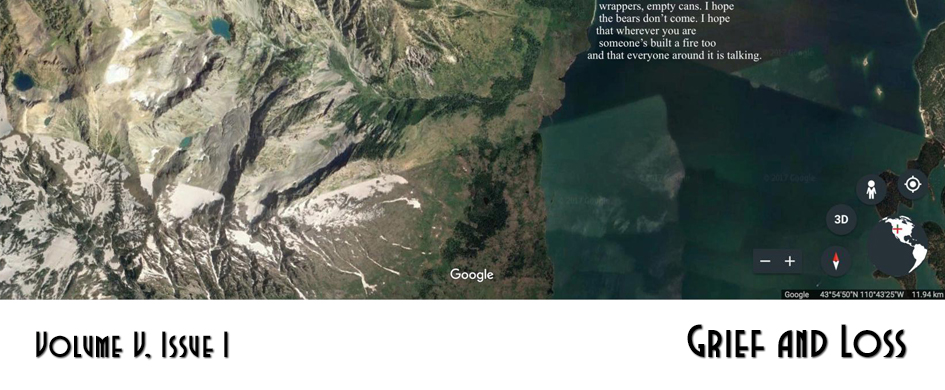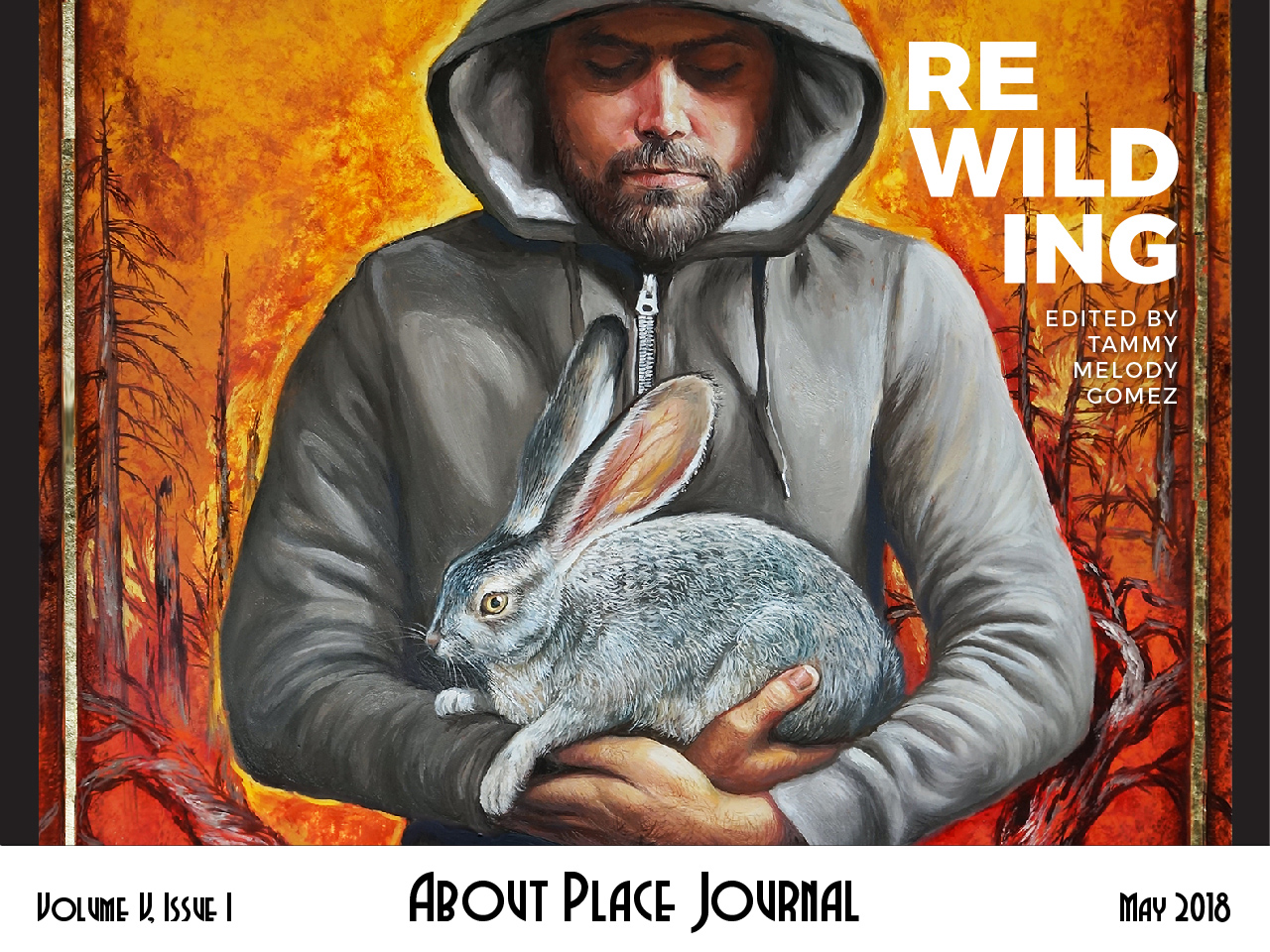Our high school English teacher was Mr. Hartshorne. He was tall, blond, blue-eyed and the girls all swooned over him. He was on his first teaching job out of college. One day a classmate read the first lines of Thoreau’s “The Battle of the Ants.”
“You need only but sit still long enough in some attractive spot in the woods that all its inhabitants may exhibit themselves to you by turns.”
I raised my hand.
“Yes?” said Mr. Hartshorne.
“Why do we need to know this shit?”
Mr. Hartshorne turned red and stammered. A snicker arose in the back of the room. The girls were silent. He turned away and asked the reader to continue.
“I was witness to events of a less peaceful character. One day when I went out to my woodpile, or rather my pile of stumps, I observed two large ants, one red, the other much larger, nearly half an inch long, and black, fiercely contending with each other.”
I was a loner. I didn’t join clubs or go to the prom. I had gotten off to a hard start in school. In 1965 when I was six years old, my grandfather’s farm went out of business and my family moved from a beautiful Greek Revival farmhouse shaded by spreading old maples to a trailer set up on blocks in the pasture. The State Department of Health had decided that mechanical refrigeration was better for cooling milk than the mountainside spring that filled the vat in our milk house with cold water year round whether we had electricity or not. It was a big investment to comply. My grandfather sold his herd of Holstein cows at auction.
I was bewildered. The cows were part of our family. We took down the sign in front of the farmhouse that read, “Geo. Hoag Farms Registered Holsteins.” It was the first time I remember facing the unknown. What were we going to do now?
Now, more than fifty years later, I pass through a gate that bears a sign reading “Andes Rail Trail.” I walk past the gray, hip roofed depot. It is empty, abandoned in 1924. Its windows are old and wavy, translucent like tracing paper with years of dust.
Second growth maples, a few ashes and beeches that have grown since the trains ran form a canopy above the rail bed that leads straight and level down the Tremperskill valley. Leaves are beginning to turn to their fall colors and a few lie scattered underfoot.
“Looking further,” Thoreau wrote, “I was surprised to find that the chips were covered with such combatants, that it was not a duellum, but a bellum, a war between two species of ants.”
On her 54th birthday, April 4, 2007, I picked my wife Claudia up at her job in our blue Subaru. Our black cocker spaniel Marty panted eagerly in the window as she walked toward the car.
“I’m sick,” she said as she got in.
I had planned to take her to dinner. We got pizza and drove home instead. That night she passed out while vomiting in the bathroom. She developed hiccups that wouldn’t stop. When I got her to the emergency room the next day she was startlingly pale. I barely got her through the door.
She spent the next five months in intensive care at a series of hospitals, most of that time completely paralyzed and on a ventilator. Her doctors told me to stay near. They weren’t sure what she had, but they didn’t think she would survive.
I remember that after the shock of the seriousness of her sickness passed, I seemed to go numb. I was trapped with her in a surreal world. I spent hours reading to her, holding her hand and praying. I lost all sense of the passing of time. A kaleidoscopic whirl of doctors and nurses came and went. Again I was facing the unknown.
I slept on a hard vinyl recliner by her bed. One night her nurse was Carolyn, a slender, precise woman with short salt and pepper hair.
“How are you sleeping on that chair?” she asked.
“Poorly.”
“I bet. They’re not really made for comfort. Have you eaten?”
“Uh huh.”
“How long ago?”
I didn’t know.
I met Claudia when I was in college. I had changed my mind about Thoreau by then. I was in my mid twenties, but I still had not had any luck with finding a girlfriend.
One morning before class I was standing in line at the Fitzelle Hall Coffee Shop. It was very crowded. Conversations congealed into one echoing roar. Fragrances of brewing coffee and newly baked brownies filled the air. Someone touched me on the arm. I turned. Claudia was smiling. “Could I join you?” she asked.
We sat at a table along the wall. I don’t know what we said, but I remember feeling a lonely void filling that I had not known could be filled. Her beautiful eyes seemed to look deep within me. She was voluptuous, pretty and talkative. I was rail thin and quiet. We were opposites in many ways, but still seemed made for each other.
This afternoon she is lying in a hospital bed in our living room where she has spent nearly ten years. An aide is with her so I have time for this walk. A cabinet in the corner of the room is full of her medications. The three drawer stand that once held my grandfather’s copies of Hoard’s Dairyman is filled with dressings, adhesive tape, medication information sheets and forms for our home health aides.
It took a long time to get the right diagnosis, but now we know she has Neuromyelitis Optica, NMO for short. It is extremely rare. It is caused by an immune system malfunction that produces aquaporin-4 antibodies. Aquaporin-4 is a protein essential to water transport between cells. In essence aquaporin proteins are the plumbing of our central nervous system. When the immune system produces antibodies that attack these proteins it interferes with the transfer of water in the brain and spinal cord. Water accumulates in the myelin sheath, which is like insulation on an electrical wire. The myelin sheath breaks down and transmission along nerves goes haywire. It is daunting to think that something as small as a few molecules of water failing to flow in a few cells can turn a life upside down and even end it.
A common yellowthroat flits through a tangle of honeysuckle branches beside the trail. He is not garrulous like he would be in spring. The only sound he makes is the fluttering of his wings. I pass a row of apple trees that are slipping into old age. They bear only a few small deformed apples. The light is different now from even a couple of weeks ago, coming from a lower sun. Both light and shadow seem more intense.
“I took up the chip on which the three I have particularly described were struggling,” Thoreau wrote, “carried it into my house and placed it under a tumbler on my windowsill, in order to see the issue. Holding a microscope to the first mentioned red ant, I saw that though he was assiduously gnawing at the near foreleg of his enemy, having severed his remaining feeler, his own breast was all torn away, exposing what vitals he had to the black warrior.”
I am awed by the tenacity of the red ant. I am awed by Claudia’s tenacity. Thoreau says, “I have no doubt it was a principle they fought for…” I believe the principle they fought for was life.
Claudia’s sickness haunts me. One day she was the wife I always wanted. The next she was bed bound, her body broken. My life follows no discernible pattern. If there is order at all it is dictated by the ghastly monster NMO. Claudia is in near constant pain. It breaks my heart over and over. I count pills, empty bedpans and attend to catheters while seasons change outside. I have nightmares of being trapped in a long, white corridor with no way out.
Life is fragile and relentless. I don’t know how Mr. Hartshorne could have told me over forty years ago, but this is why we need to know “this shit.” Like the ants in Thoreau’s woodpile, we are driven by something much bigger than ourselves. Each of us faces our own battle against destruction.
I walk on down the trail. Here more leaves are underfoot. Suddenly by my toe I see what I think is a strange butterfly. Slowly it opens and closes bright red and yellow wings. I look closer. I’m startled to see it is really a baby robin, perfectly camouflaged among the brown grass and leaves. It looks up at me and opens and closes its tiny beak.
A shudder goes through me. What chance does such a tiny fledgeling have now at the beginning of fall?
Claudia and I married full of optimism. Now I struggle to hang on. Just when I think I know what lies ahead, the kaleidoscope wheel turns and everything changes. “What is” never seems to be “what could be.”
I was told once by another caregiver that in order to have faith you have to let go of what was and will never be again. I’ve learned too that you have to let go of old expectations and assumptions about what lies ahead. All will be replaced by something new, but unknown. Letting go is hard. It takes the tenacity of Job sitting on his pile of ashes and Thoreau’s red ant. Can I find that kind of tenacity in myself?
I get down on my hands and knees next to the little fledgeling. The mother bird chirps nervously overhead. “Fly,” I whisper. “Fly.”


